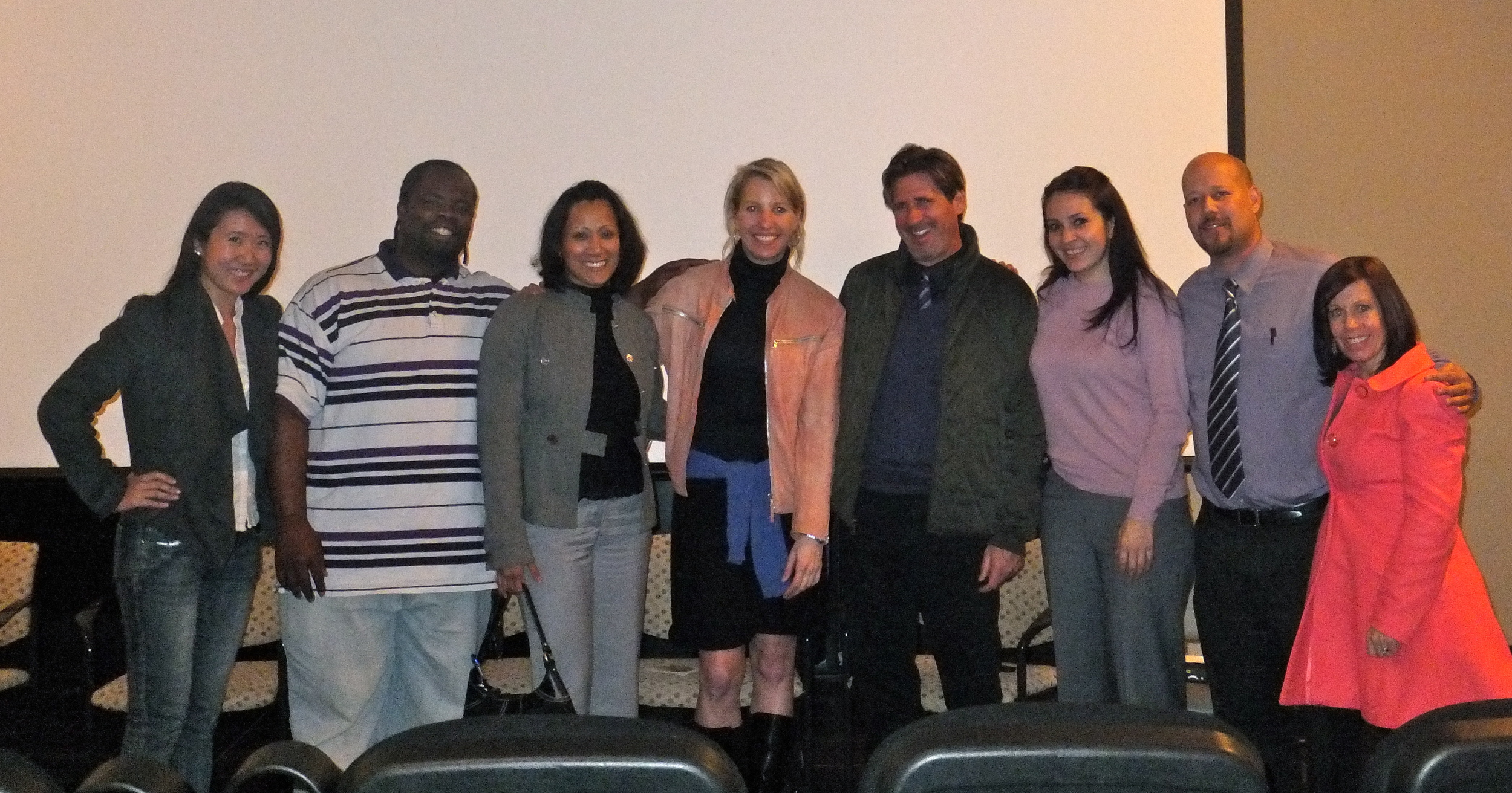by Kelly Amis
I took a brief hiatus from this blog -- just never seem to have enough time to write as much as I would like to! -- but I'm baaaaack. I'll write when I can!
Today I read about California Assembly Bill 375 and couldn't believe my eyes.
Last year, when photos were found of a Los Angeles elementary school teacher blindfolding and feeding students his sperm (I'm not making this up), the rules around teacher firing were so ridiculous that LAUSD ended up PAYING HIM to leave. This is with PHOTO EVIDENCE.
A state legislator then introduced a bill that would make it easier to fire teachers who have abused children. That bill died because legislators "owned" by the very powerful teachers' unions cowardly refused to vote either way on it. Btw, before you get your so-and-so's all in a bunch, it's not "anti-union" to call this for what is is: insane. awful. anti-child. take your pick.).
But it gets worse: now the CA legislature has passed a new bill, AB 375, as a guise for facilitating the firing of abusive teachers....but it actually makes it HARDER to do so! Are we living in a George Orwell novel? Do leaders in this state have NO concern for children's welfare?
Ya know, many unions fight for the "underdogs": in battles around living wages, for instance, between low-level employees and huge corporations that want ever more profits funneled away from the workers and into the hands of the already-insanely-wealthy leaders at the top. But in education, the teachers' unions do not represent low-skilled, minimum wage, easily-replaced workers: they represent professionals who are paid to SERVE CHILDREN. We're not talking about producing cars to make profits, we're talking about educating CHILDREN.
Hard-working teachers do not want bad, ineffective or, especially, abusive other teachers around the kids they serve. Are our teachers unions representing THEM anymore? OK, so the unions don't represent children or their parents -- we get that -- but do they even represent good teachers? Or just the worst of the worst?
My guess is this inflexibility with regard to making it easier to fire teachers (no matter WHAT they do) is bound up with the teachers' unions wanting to keep the incredible level of power they have achieved over the last few decades no matter what it takes. I'm sure those at the top rationalize it along the lines of "If we do not retain and control the billions of dollars we now have to invest in political campaigns (and a whole slew of random non-profit organizations and programs -- you gotta see it to believe it), that money will end up elsewhere and could be used against us. And we can't retain and control those billions (that come from teachers' dues) if we allow any changes to how teachers are hired and fired. We must control it from A-Z even if it means sacrificing a few kids to the bigger picture of the unions controlling the teaching profession."
It hasn't always been this way, but it's where we are today, and it's time to bring some checks and balances (and commonsense and balance) into the processes surrounding teacher hiring, retention and firing.
More reading about the California story here:
http://dropoutnation.net/2013/09/19/jerry-browns-opportunity-to-act-like-a-leader-for-children/


